
China's Imperial Model And The Muslim World
The West found this out a second time October 27 when 120 countries voted for a UN General Assembly resolution opposed by the United States that failed to condemn Hamas's October 7 attack on Israel.
By far the biggest driver of this tectonic shift in world politics is China's growing economic preeminence in the developing world.
Notably, China did this with a total forward deployment of 200 troops (marines at China's base in Djibouti), in contrast to the $7 trillion that the United States spent overseas in the Global War on Terror during the past twenty years. The US Defense Department and various think tanks issue dire warnings about China's military ambitions in Eurasia, but so far China has employed nothing but soft power.
China now exports more to the Muslim world ($42 billion a month) than to the United States ($38 billion a month), thanks to expanding ties with Malaysia and Indonesia, the Belt and Road Initiative in Central Asia and economic diplomacy in the Persian Gulf.
China's exports to the US reached the $40 billion/month mark in 2018 when exports to Muslim-majority countries stood at only $30 billion. The growth in China's exports during the past five years has come entirely from the Global South, including the Muslim world. Overall, China now exports as much to the Global South as it does to all developed markets.
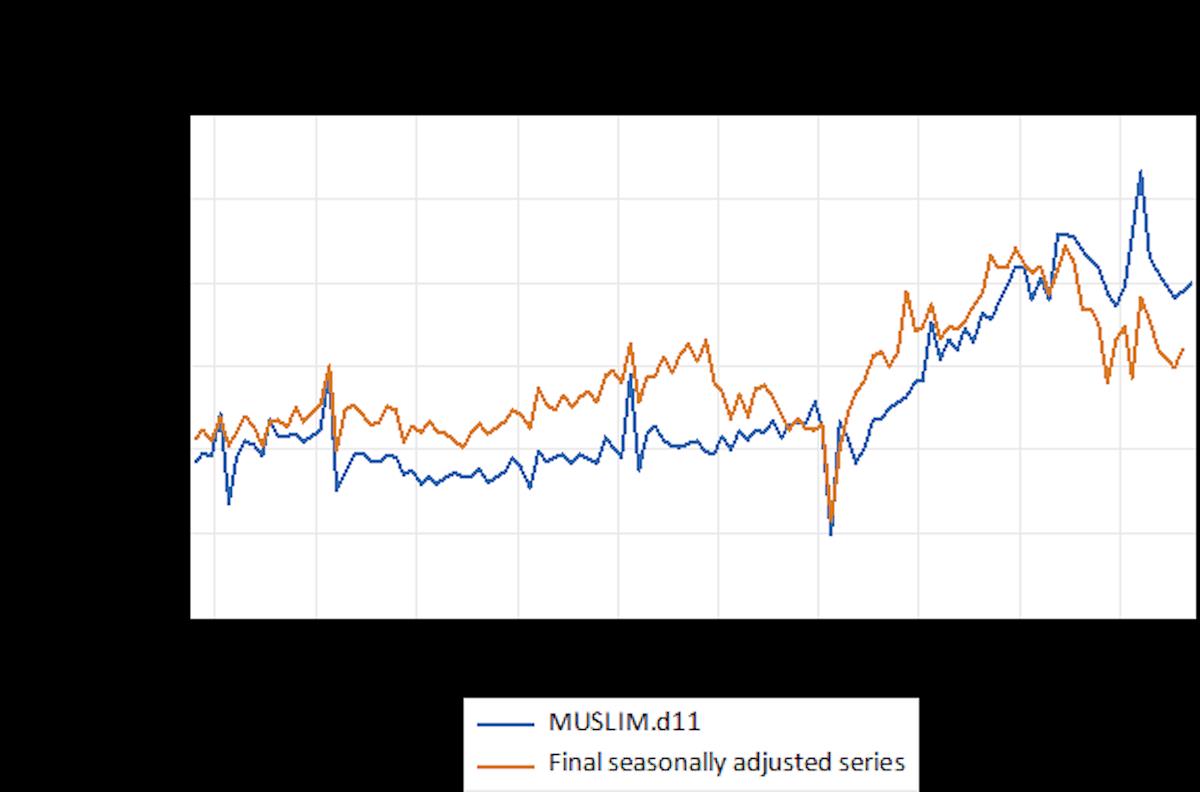
Indonesia and Malaysia are China's largest Muslim trading partners, as a result of the Sinocentric integration of Asian trade and investment.
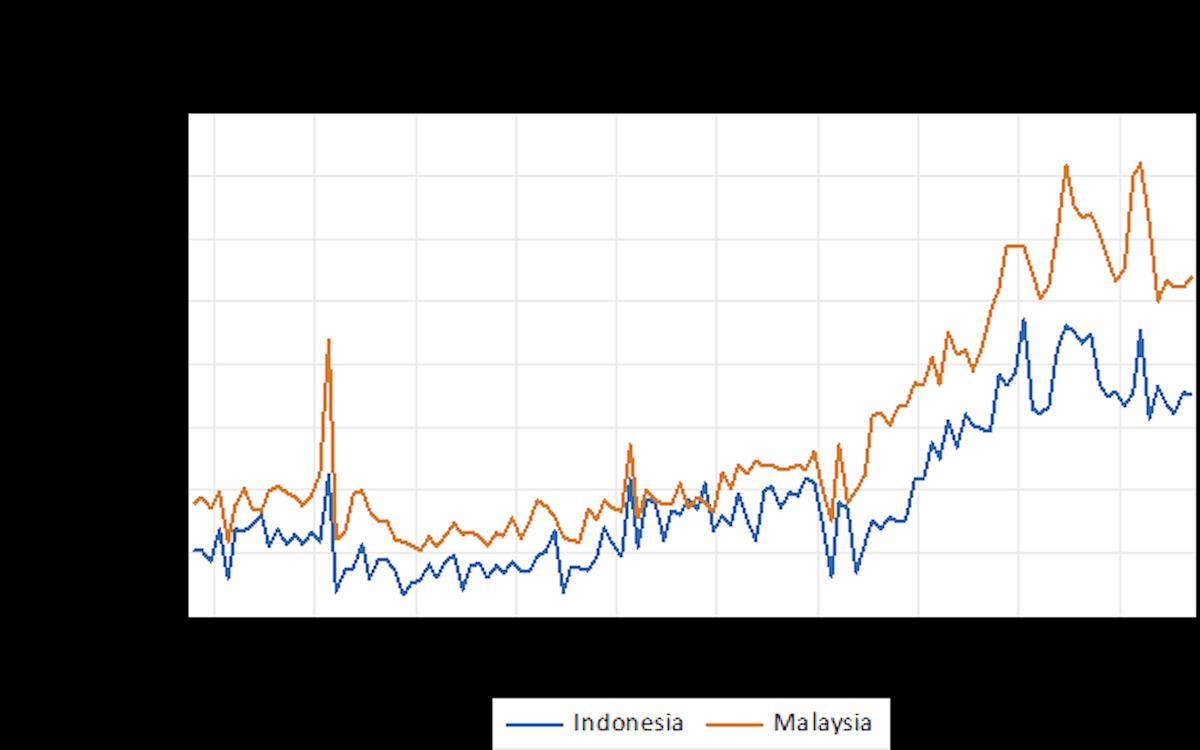
The new Silk Road across Asia has made a major contribution to Chinese exports. The Central Asian former republics of the Soviet Union now take almost $5 billion a month in Chinese goods, up from about $2 billion a month in 2018. That has a security vector, to be sure: After America's disorderly withdrawal from Afghanistan, China concluded that it could not rely on the United States to suppress jihadists on or near its borders; it then poured funds into neighboring economies.
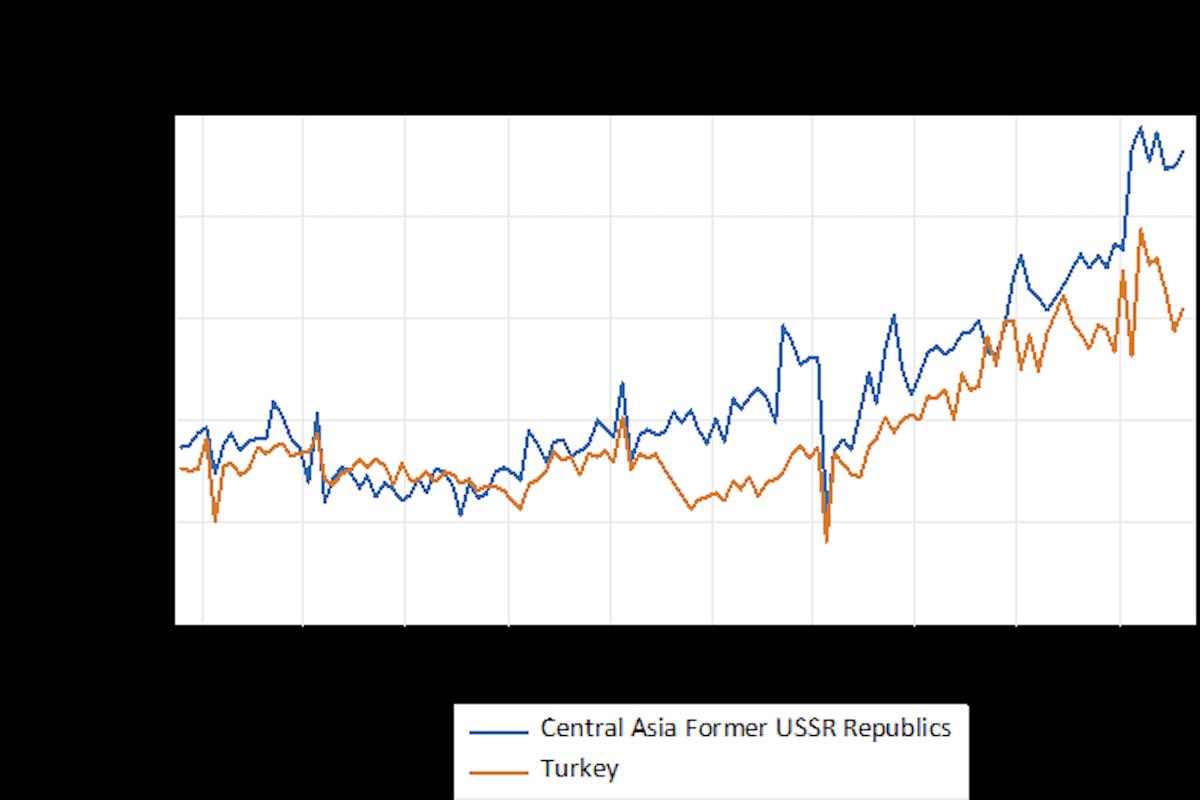
American strategists should listen closely to Professor Zhang Weiwei of Fudan University, who told the“Observer” news site on November 3 that“the world has long entered the post-American era. This does not mean that the United States is no longer important. The United States is still very important. It means the United States ... going against the trend.”
Referring to US National Security Advisor Jake Sullivan's catchphrase“small yard, high fence” to describe US controls on technology exports, Zhang said,“We can think of this as the self-restraint of a frog in a well.”
The United States, Zhang said,“has isolated itself within this high fence around a small yard.
Outside is the entire Global South, the entire non-Western world, which has the world's largest market, largest resources, and most development opportunities.”

Legal Disclaimer:
MENAFN provides the
information “as is” without warranty of any kind. We do not accept
any responsibility or liability for the accuracy, content, images,
videos, licenses, completeness, legality, or reliability of the information
contained in this article. If you have any complaints or copyright
issues related to this article, kindly contact the provider above.



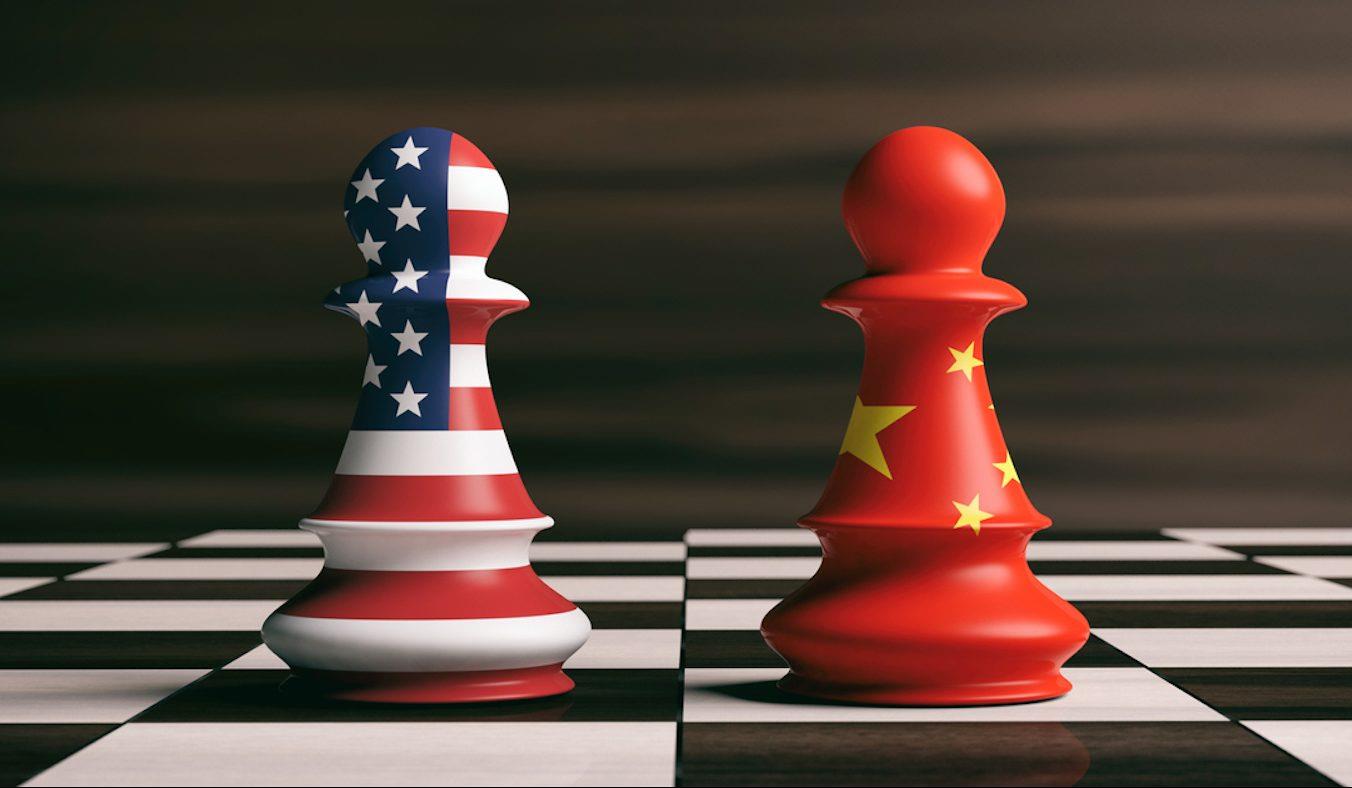
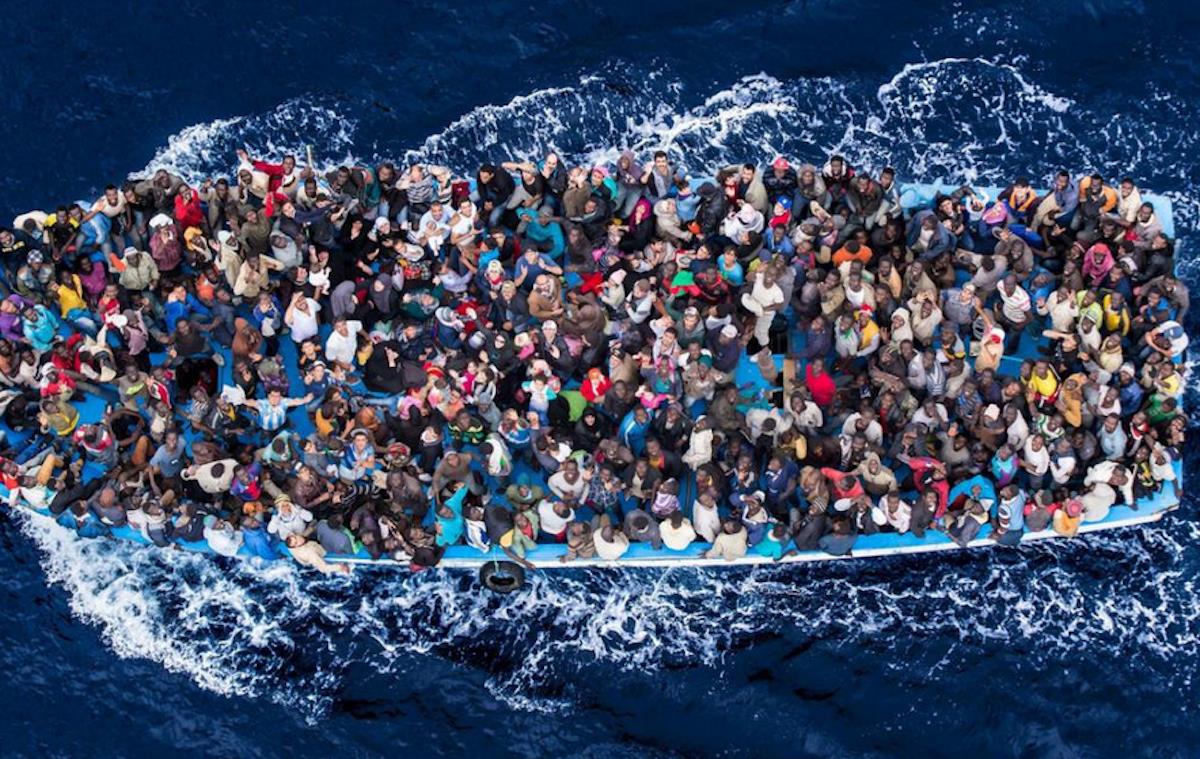

















Comments
No comment